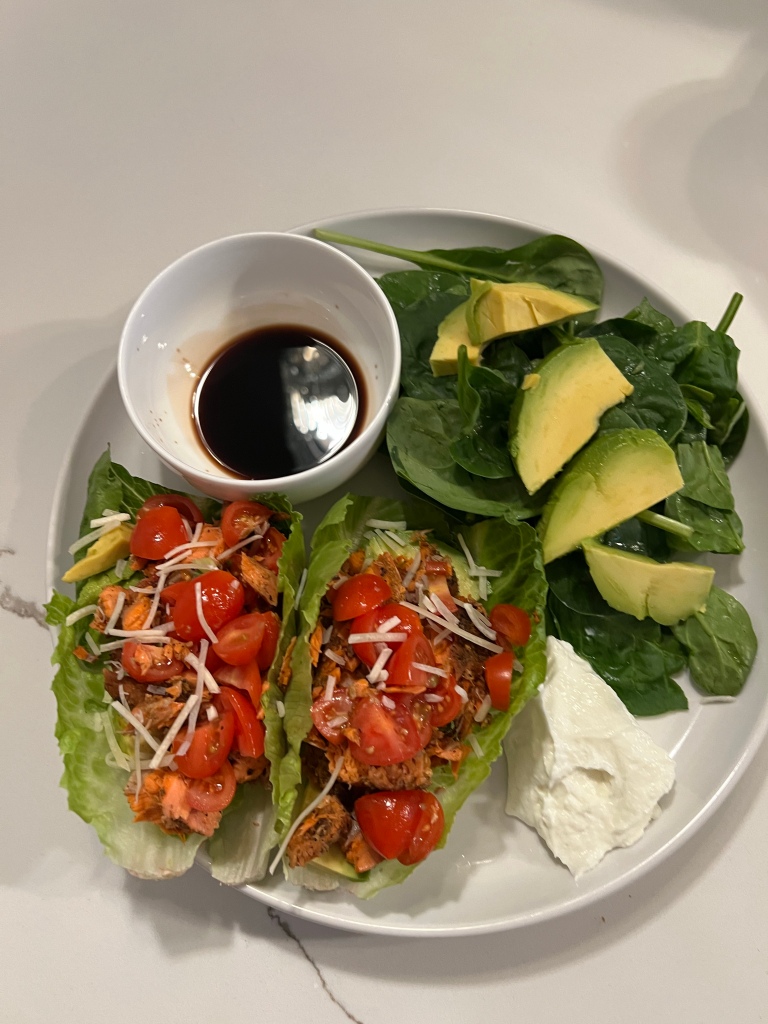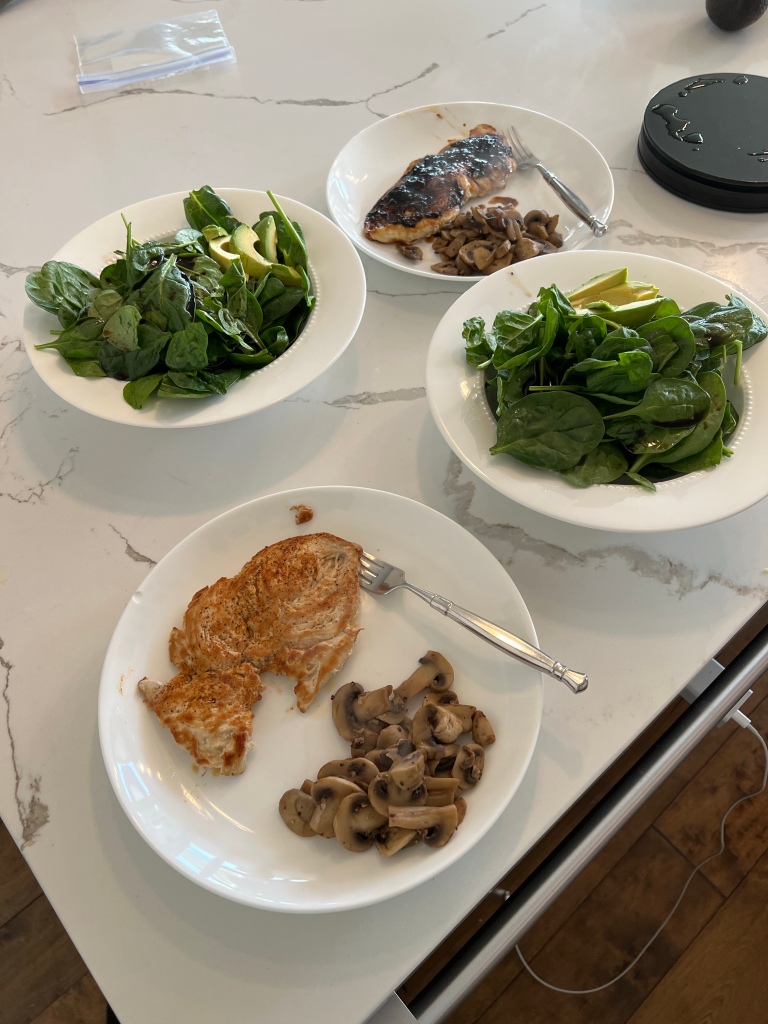Did you know over 23 million Americans suffer with some sort of autoimmune disease? There are more then 80 different types of autoimmune immune diseases according to the NIH. Autoimmune diseases affect more than seven percent of the population in America, and the situation is getting worse. Three quarters of the patients with an autoimmune disease are woman. Woman who suffer with an autoimmune disease and are under 65 should know it’s the leading cause of death, this shouldn’t be taken lightly.
Antibodies are the body’s natural defense against infections. However, somebody suffering with an autoimmune disease antibodies are produced and are attacking normal cells of the body including tissues and organs. Disease can affect any area of the body and often happens in many places at once.
Usually you have to be predisposed in order the manifest an autoimmune disease. That’s only true for one third of autoimmune disease patients. So heredity isn’t always the case. Environmental factors, viruses, bacteria, and even nutritional deficiencies can lead autoimmune diseases. Recent discoveries suggest that B-cells, type of white blood cells, may have a strong influence with the development and progression of the disease.
To determine if a patient has an autoimmune disease, a physician will review a patient’s health history, learn of any family history of autoimmune diseases, and conduct blood tests to see if there are specific antibodies present that react against the body’s tissues and organs. Depending on the autoimmune disease, a patient may see specialists in rheumatology, endocrinology, hematology, neurology, cardiology, gastroenterology or dermatology.
People who suffer with autoimmune diseases are competing each and every day of their lives. The competition is with ones own body in order to become healthy. Remission is possible with the help of the medical field. There are many ways to restore health. It is my opinion that every avenue be used. Many people need a combination of treatments to achieve control. It is my belief you have to be relentless in order to achieve success.
The all American autoimmune disease athlete usually has many years of educating themselves. Nobody signs up for this sport, but we are true warriors. Determined to overcome our afflictions we strive forward with a positive attitude. Mindset can help one’s ability to overcome disease. We have to take every variable and cross examine all aspects that may cause a particular disease. A patient should be their own advocate. Investigate every possible cause leading to disease.
The body is truly a remarkable machine. I believe it can restore itself if treated properly. Understanding what the body needs to improve functionality is half the battle. I’m finding that if I incorporate nutrition, exercise, and meditation (prayer), I’m able to reduce my symptoms. I eventually would like to reverse my diagnosis. I want to be free of all medications. The culmination of resources over the years has helped me better understand my disease. I’m living my best life due to the micro habits I developed in order to have success. The body is capable of transforming provided we feed ourselves with dense nutrition. I recently lost over 30 pounds because I stumbled onto a wellness program that I’m following. I believe my small investment into my health has me obtaining a healthier me. My body is in harmony.
Thank you for reading. I hope this inspires you to be the best you can be. Live your best life now. Never give up! You’re worth it! Self-love. Be an autoimmune disease athlete. See you at the finish line.
references:
1. NIH Autoimmune Diseases Coordinating Committee: Autoimmune Diseases Research Plan, March 2005. https://www.niaid.nih.gov/sites/default/files/adccfinal.pdf (Last accessed October 10, 2017)
2. Fairweather D, Frisancho-Kiss S, Rose NR. Sex Differences in Autoimmune Disease from a Pathological Perspective. The American Journal of Pathology. 2008;173(3):600-609. doi:10.2353/ajpath.2008.071008. https://www.ncbi.nlm.nih.gov/pmc/articles/PMC2527069/
3. Walsh SJ, Rau LM. Autoimmune diseases: a leading cause of death among young and middle-aged women in the United States. Am J Public Health. 2000;90(9):1463–1466 [PMC free article] [PubMed]
4. “B cells move to centre stage: novel opportunities for autoimmune disease treatment” by Jeffrey L. Browning. Nature Reviews Drug Discovery5, 564-576 (July 2006) | doi:10.1038/nrd2085 http://www.nature.com/nrd/journal/v5/n7/full/nrd2085.html?foxtrotcallback=true
5. American Autoimmune Related Diseases Association. https://www.niaid.nih.gov/diseases-conditions/autoimmune-diseases(Last accessed October 10, 2017)
Genentech’s article; “Autoimmune disease 101”









